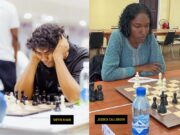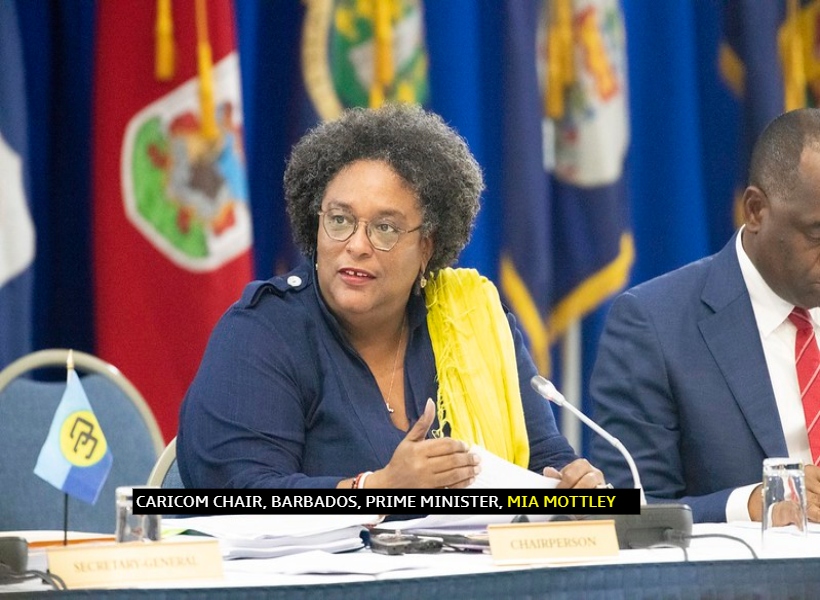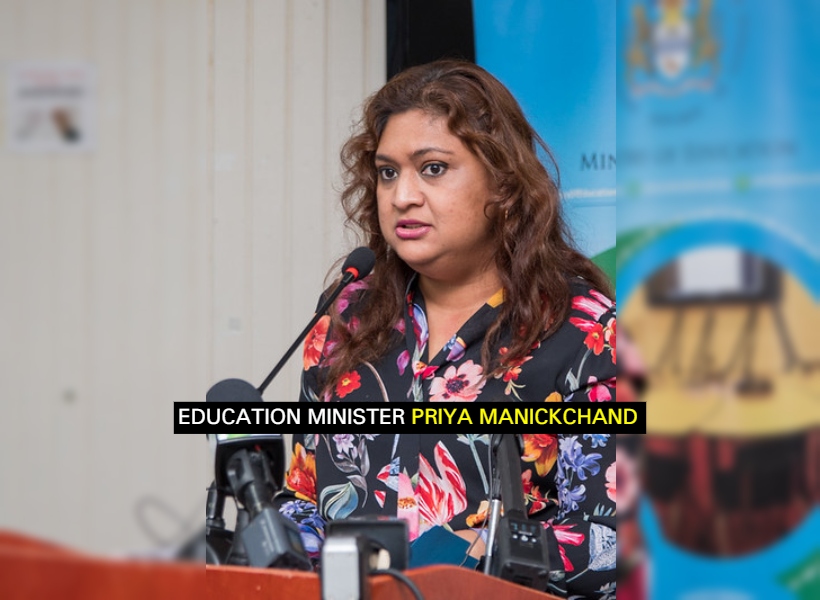Minister of Education, Priya Manickchand stated that investments must be made to efficiently capitalize on technological opportunities in the education sector to combat the learning loss triggered by the COVID-19 pandemic.
The Education Minister explained that while the pandemic has harshly affected the world, particularly the education sector, it highlighted opportunities for advancement in the education sector.
“We can use technology beneficially blended with face to face learning and deliver education more effectively….I believe investment in determining how we can blend technology-assisted teaching and learning with our traditional means has to be something we seriously consider.”
She shared these comments on Wednesday during the World Bank Educational Town Hall webinar on “Learning losses and impacts of COVID-19 in Caribbean Education” where she was the keynote speaker.
Guyana has approximately 170,000 children ages three years, six months to 15 years and over, enrolled in both public and private schools who were affected by the closure of schools for two years.
During the virtual discussion, Minister Manickchand noted that the unexpected closure disadvantaged learners across all levels, particularly those in vulnerable situations.
She stated that before reopening schools fully last April, the Ministry of Education implemented several measures to ensure learners remained engaged. In September 2020, the Ministry prepared curriculum-aligned worksheets which were distributed to pupils in every grade. The radio and television were also utilized to deliver scheduled educational content.
Among the other measures implemented was the reintroduction of the “Because we care” and “School uniforms and voucher” cash grant programme which helped cushion the financial blow of the pandemic.
The Ministry also rolled out ‘Operation Recovery’ which is aimed at ensuring each child remains in school and receives the education he or she rightly deserves.
Minister Manickchand noted that one of the bigger interventions made was consolidating the curriculum.
“We engaged a team of international consultants who work closely with our local experts to thoroughly examine our curriculum and craft a consolidated version that would allow coverage of developmentally appropriate grade-level expectations in a compressed timeline.”
Also on the panel was the World Bank’s Country Director for the Caribbean countries, Ms Lilia Buruncic who deemed the discussion critical as it is important to shift from crisis response to opportunities for improving education and skills in the Caribbean.
The World Bank’s Human Development Programme Leader for the Caribbean and Haiti Mr Tim Johnson shared similar sentiments. He noted that before pandemic, there was an existing learning crisis. As such, the World Bank developed the “RAPID” Recovery programme.
The purpose of the webinar was to highlight the pandemic’s impact on the Caribbean’s education sector and make recommendations on how the Caribbean can reverse learning loss with better investments and building more resilient education sectors.













